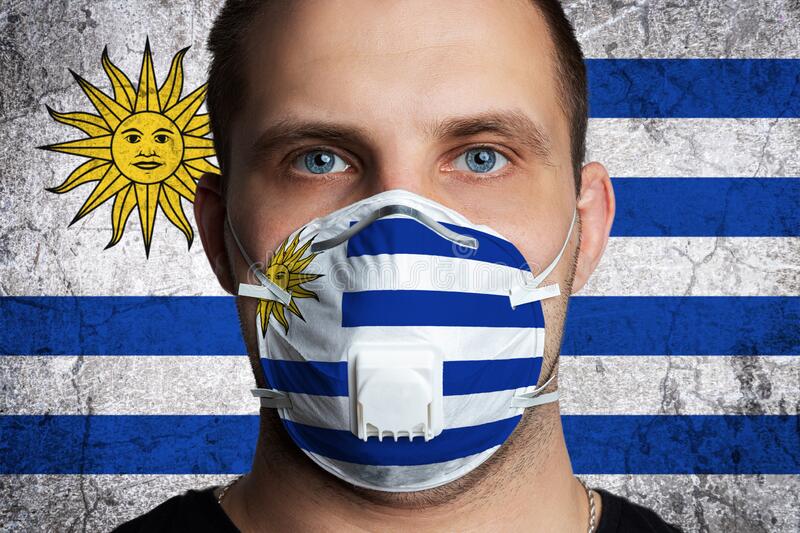RIO DE JANEIRO, BRAZIL – 72% of Uruguayans consider that Uruguay has coped well or very well with the pandemic. The data were collected by Equipos Consultores in a survey conducted between February 19 and March 2. Only 8% considered it bad.
Ignacio Zuasnabar, director of Equipos Consultores, presented the survey on Subrayado (Channel 10) a few days before the two-year anniversary of the occurrence of the pandemic in Uruguay, on March 13, 2020, from which time “the first emergency health measures were ordered” and the consulting firm asked citizens “how they evaluate that time and how they experience it today.”
The first question in the survey was about Uruguay’s assessment of its handling of the pandemic, not taking into account party politics, but rather the country as a whole.

Thirty-eight percent said that “our country handled the pandemic very well.” There is “a proud intensity” in that expression, he said. “Thirty-four percent think that Uruguay has managed the pandemic well,” and a total of 72% think that “our country has passed the test with flying colors.
Eighteen percent think that the handling of the pandemic was neither good nor bad, and only eight percent think that Uruguay handled it badly.”
According to the sociologist, the positive evaluation is due to the merit of all Uruguayans, but “perhaps the two central elements that did not find consensus in other countries” but did in ours, “was the support of the vaccination system and the use of protective measures” such as masks or alcohol gel, among others.
The survey also addressed the question of whether the pandemic is already over, whether we are still in the worst phase or whether the worst is yet to come.
Again, 72% of Uruguayans say that “the worst is over,” 7% believe that “the worst is yet to come” and 12% that “the worst is yet to come.” The remaining 9% do not know or do not provide any information.
On the other hand, we asked to what extent we have recovered the areas we had before the pandemic, and it turns out that in terms of work activities, 55% “say they have recovered their previous work activities very much or completely, and 13% have recovered little or nothing. Thirty-two percent more or less.
These data are consistent with employment trends, Zuasnabar added.
As for social life with family or friends, “there are more nuances.” As for family activities, 50% said they were very or completely recovered, but 23% said they were more or less recovered, and 27% answered “little or not at all.
“We feel that the worst is over, but in family activities we are lagging behind, these spaces have not fully recovered,” he interpreted, suggesting that it is “possible” that there are “some fears and some habits, as well as problems spread across the audience, because we see this most clearly in middle-aged people and above.”
In terms of social activities with friends, it shows “even less recovery,” as “there are still 38% of the population who have little or no recovery, and 39% a lot or all,” compared to 23% who say “more or less.”
Relationships with family and friends “are important to human nature and well-being, they make up who we are as a society.” The conclusion is that “we are in a contrasting moment: We feel that the worst is over, we are satisfied with the way Uruguay has managed the pandemic, but there is a lack of social recovery,” he concluded.
The survey was conducted from February 19 to March 2, with 1,200 people interviewed in person or by cell phone. The margin of error is 2.8%.

